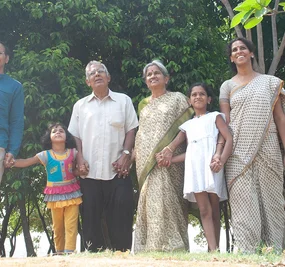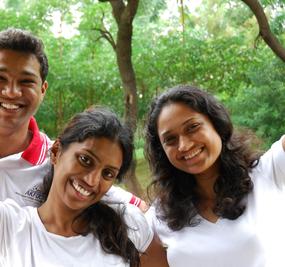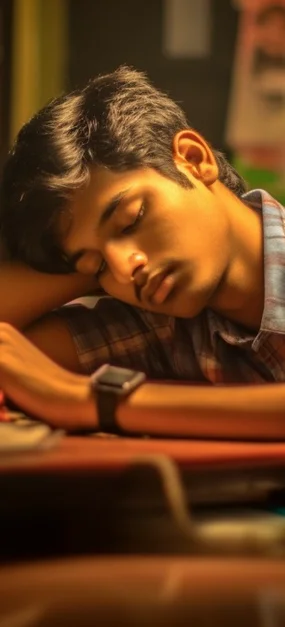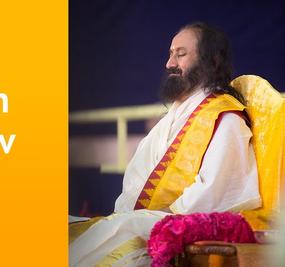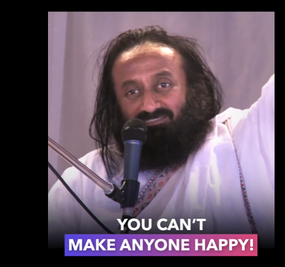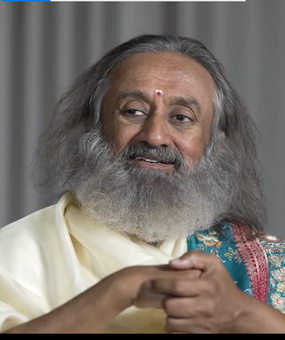I don’t need anyone. I can do it on my own.
When was the first time you said this?
Probably when you were three or four and fell down, only to realize no one saw or ‘cared’ (sniff!)! Subsequently, you probably declared this to yourself on numerous occasions when people let you down. When they said they would come to your party and bailed last minute; when they said they would go see a movie with you and didn’t; when they said they would help you with trigonometry and didn’t!
Every time your trust was shaken, or your will denied, you probably thought of becoming independent. So, your thoughts of independence and independent living, most likely, stemmed from disappointment, dislike of submissiveness, and an inability to live the way you wanted to. Becoming independent was a way to give yourself wings.
Frankly, who doesn’t like to live life on their own terms? No questions asked. No accountability. We all like it. After all, paying your own bills, living in your own house, and treating yourself to a vacation with your own dough feels pretty dandy! Even a four-year-old, who doesn’t get a toy, whimsically dreams of getting it somehow.
But, how can you become independent?
How to live independently
1) Being financially independent
No one likes to depend on anyone else for anything. The first step towards feeling independent is having the ability to buy yourself life’s essentials. Financial independence makes you feel you can do it on your own. When you can pay for your basic sustenance, and live a material life on your own, you feel good about yourself.
Even if you are not a high-earner, the money you save and spend on some long-cherished dream can make you feel independent.
Having said this, being independent in life is not necessarily linked to having an earning position. A regular daily occupation, inside or outside the house can also make you feel liberated. It could be your daily singing riyaz or your dedicated and meticulous attempt to nail that 2,000-piece jigsaw puzzle! Or, dance lessons to your neighbourhood kids. You just need to have something in life that immerses you and challenges you to exhibit and use your skills. Using your innate skills will bring out that inner fire that will give you a feeling of confidence and abundance, and a sense of power that even money may not. The feeling of abundance is not linked to your financial situation.
Many rich people don’t feel abundance at all, they feel a lack. You can feel abundance at any point of time. And the moment you start feeling abundance, you will see – things will get better!
~ Gurudev Sri Sri Ravi Shankar
2) Doing it on your own
Do you drive a car? Can you go to a movie on your own? Do you know how to change a bulb?! Do you carry your luggage? Can you find your way around places? Can you look after your financial affairs?
These are simple and everyday activities in life. When you develop independent living skills and do things on your own, you stop depending on others to help you live your daily life. It helps if you don’t have to be picked up and dropped wherever you go. When you are not looking left and right for assistance, you will learn to think for yourself and live life on your own terms. Otherwise, you will be at the mercy of another person’s will and mood.
Part of this is to become emotionally independent. For this, it might help you to get to know and understand yourself first. It can help you become emotionally stable and trust yourself better.
3) Engaging in service
You might have noticed how your heart fills with positivity and joyfulness when you give something to someone. Especially if it is your time or services.
I once offered to carry an elderly lady’s bags. She looked straight at me and beamed brightly, and said, “No, thank you!” But the simple act connected me with her for a moment I will remember all my life. That connection and feeling makes you think anything is possible. And I hadn’t even actually done anything except spare a thought for her!
Service empowers you. When you give, you feel powerful and confident of achieving anything. You begin to like yourself and feel useful. This further fosters the independent feeling in you.
Here are some ideas you can do alone to help you break out into your own.
- Join a class you’ve always wanted to join. When you go with friends or family, you miss out on the opportunity of discovering something new about yourself.
- Go on a trek. Equip yourself with a map and other location guides. For safety, let someone know where you are.
- Eat at a restaurant and enjoy your individual experience with the waiter/chef. Equations change when you are on your own. There is much more chance to learn and develop new ways of being when you venture out alone.
- Open a bank account in your single name.
- Find something you love doing. Your passion. And follow it. To the T.
- Don’t always follow the crowd. Be a trailblazer!
Seva (service) means to do something for someone else without expecting anything in return. You should do whatever you can do, whether it is by contributing your time, or by donating your money, or just by speaking about positive things.
~ – Gurudev Sri Sri Ravi Shankar
The selflessness you show will open your heart and mind to possibilities you would not have imagined. It will help to bring out and boost the independent spirit that is within you.
4) Meditating
Why do we cling to ideas like independence and dependence? Probably because we don’t like some feelings or situations and want to avoid them. It is also the lack of, or incomplete knowledge of our own natures. We feel that something is required to make us complete, and look outwards for the missing piece. Gurudev Sri Sri Ravi Shankar says it is the ignorance of our true selves that gives rise to this need for independence.
So, how can you know more about yourself?
By sitting with your eyes closed and meditating. Just being with your Self is a deeply rejuvenating and soothing experience. Meditation makes you aware and knowledgeable of your inner self. This makes you conscious of your own power and strength, increasing your confidence. When you connect with your innate nature, you will feel at peace. This consciousness of the inner independent spirit is the main quest in life!
Do I need to become more independent?
Try to answer these questions. It will help you understand whether you need to branch out more on your own or you’re all right.
Do you turn to others at the slightest obstacle in your life or do you try to come up with your own solutions to your problems?
Do you constantly second-guess your own decisions and ideas or do you believe in yourself?
Do you trust only one or two close people or do you have a group of people around you to sound off your ideas to?
Do you live your life trying to please other people or do you have goals and ambitions that help you express who you really are?
Are you constantly looking outside yourself for answers or do you listen to your inner voice to guide you in your actions?
If you answered ‘yes’ for the first part of each question, your life could do with a little shake-up. Trust yourself more, and cultivate the habit of asking yourself first before seeking help.
Something to ponder about…
You came into this world because of two people. When you leave this world, your body will have to be lifted by several people. So, neither at birth were you nor at death will you be really independent. And the fact is that at almost all the moments in between, you will need someone’s help. It is because the body is dependent on the whole creation.
In fact, in life, we are all interdependent. We would not mind it so much if we were filled with a sense of belongingness and faith and harbored feelings of social integration.
Think! Is it possible to be independent in a team project or an orchestra or in a cricket match? Are we not dependent on others to complete the task? Yes, we are. Here, what we mean by independence is inner dependence – the ability of our spirit to perform with dedication and commitment without being affected by outside influences. This is possible when the mind is centered and at peace. You can help yourself gain this centered state of being with Sahaj Samadhi Meditation (SSM).
Written with inputs from Dr. Prema Seshadri, Faculty, Art of Living




